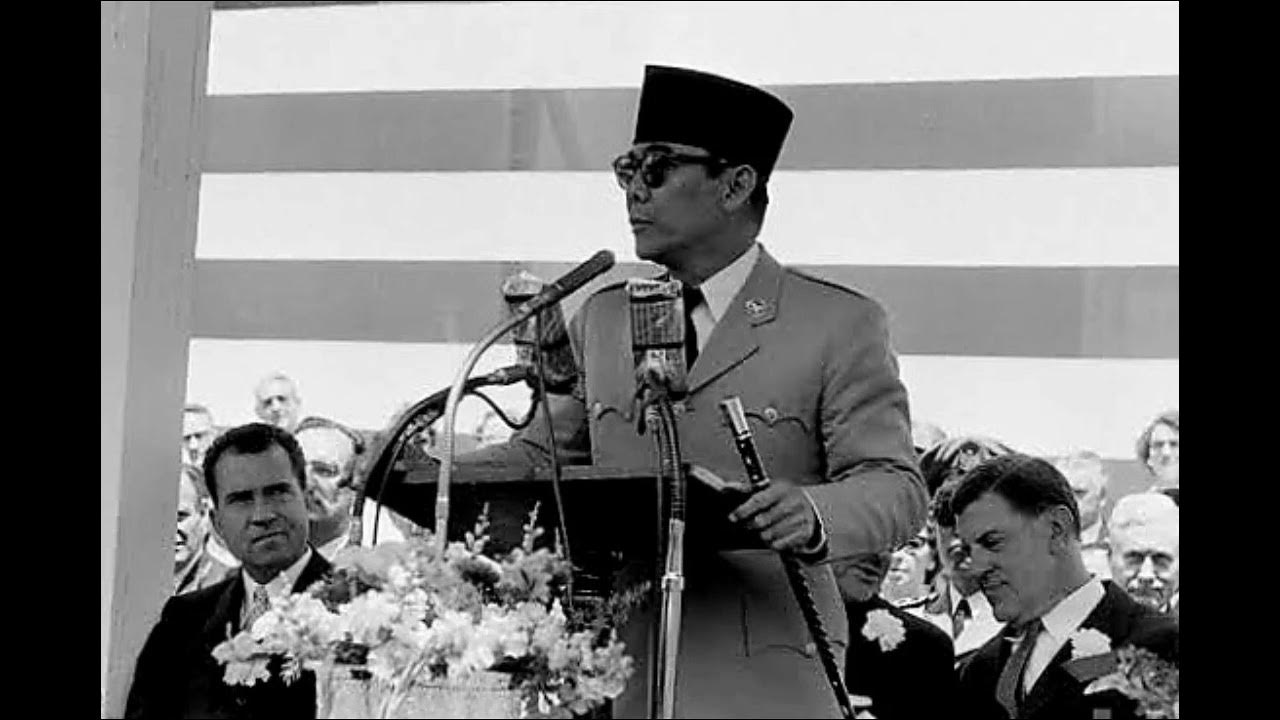The U.N is a Failing Institution | Prof Anne Bayefsky | 7 of 8
Summary
TLDRThe speaker critiques the United Nations, arguing it has been hijacked by member states that undermine its credibility and promote anti-Israel sentiment. Highlighting examples of biased resolutions and the election of non-democratic states to key positions, the speaker contends that the UN fails to uphold its promise of promoting peace and human rights. The address emphasizes the detrimental impact of this bias on victims of human rights abuses worldwide and calls for a reevaluation of the UN's role and structure in addressing contemporary global challenges.
Takeaways
- 😀 The UN has been manipulated by certain member states, particularly Islamic nations, undermining its credibility.
- 😀 The concept of international democracy within the UN is criticized for not representing true democratic values.
- 😀 The Palestinian Authority is highlighted as an example of undemocratic leadership in the UN's democratic structure.
- 😀 The UN's focus on women's rights is questioned, with claims of selective condemnation directed only at Israel.
- 😀 The General Assembly is shown to have a record of bias, disproportionately condemning Israel while ignoring other humanitarian crises.
- 😀 Major humanitarian crises like those in Syria have not prompted significant action from the UN General Assembly.
- 😀 The UN has been accused of supporting authoritarian regimes and failing to hold them accountable.
- 😀 The speaker emphasizes the need for reform within the UN to address its inefficiencies and biases.
- 😀 The lack of a unified definition of terrorism at the UN complicates efforts to address violence and extremism.
- 😀 A call for the establishment of a new multilateral institution is made to better address the challenges of the 21st century.
Q & A
What is the main criticism the speaker has of the United Nations?
-The speaker criticizes the UN for being weaponized by member states, particularly Islamic countries, and for its perceived bias against Israel while ignoring human rights abuses in other nations.
How does the speaker describe the democratic nature of the UN?
-The speaker argues that the UN's structure allows for non-democratic states to have equal voting power, leading to decisions that do not reflect true democratic values.
What example does the speaker provide to illustrate bias in the UN's actions?
-The speaker highlights that the UN's women's rights body only adopts resolutions criticizing Israel for women's rights violations, while ignoring severe abuses in countries like Saudi Arabia and Iran.
What is the significance of the UN General Assembly's record according to the speaker?
-The speaker notes that the General Assembly has not held an emergency special session regarding Israel in 20 years, despite serious crises elsewhere, which indicates a biased focus.
How does the speaker view the UN's handling of terrorism?
-The speaker points out that the UN lacks a clear definition of terrorism, making it difficult to address groups like Hamas, which complicates its credibility and effectiveness.
What does the speaker suggest about the impact of non-democratic states in the UN?
-The speaker suggests that the dominance of non-democratic states in the UN leads to a system that prioritizes their interests over those of democratic nations and global human rights.
What example is given regarding the UN's response to humanitarian crises?
-The speaker mentions that the UN did not hold special sessions for genocides in Rwanda or Sudan but has frequently condemned Israel, indicating a disparity in focus and response.
What is the speaker's stance on UN reforms?
-The speaker advocates for significant reforms within the UN to create a more effective multilateral institution that better reflects democratic values and addresses global challenges.
How does the speaker characterize the UN's funding and accountability?
-The speaker criticizes the UN for its high annual revenue without sufficient accountability, suggesting that this allows the organization to support tyrannical regimes.
What is the overarching message the speaker wants to convey about the future of the UN?
-The speaker calls for a reimagining of the UN to better serve its purpose in the 21st century, emphasizing that the current structure is ineffective and biased.
Outlines

Dieser Bereich ist nur für Premium-Benutzer verfügbar. Bitte führen Sie ein Upgrade durch, um auf diesen Abschnitt zuzugreifen.
Upgrade durchführenMindmap

Dieser Bereich ist nur für Premium-Benutzer verfügbar. Bitte führen Sie ein Upgrade durch, um auf diesen Abschnitt zuzugreifen.
Upgrade durchführenKeywords

Dieser Bereich ist nur für Premium-Benutzer verfügbar. Bitte führen Sie ein Upgrade durch, um auf diesen Abschnitt zuzugreifen.
Upgrade durchführenHighlights

Dieser Bereich ist nur für Premium-Benutzer verfügbar. Bitte führen Sie ein Upgrade durch, um auf diesen Abschnitt zuzugreifen.
Upgrade durchführenTranscripts

Dieser Bereich ist nur für Premium-Benutzer verfügbar. Bitte führen Sie ein Upgrade durch, um auf diesen Abschnitt zuzugreifen.
Upgrade durchführenWeitere ähnliche Videos ansehen

Paris Club: Navigating International Debt Challenges and Financial Resilience

The League of Nations: An Ambition Out of Its League - International Relations Series | Academy ...

Bangladesh Protests: politics is a negotiation, not a zero-sum game

Mehdi Hasan Debunks 7 Israeli Myths About UNRWA

ONU Riassunto semplice e completo - per scuole medie e superiori

PIDATO BUNG KARNO: KAPITALISME, KOMUNISME, IMPERIALISME, KOLONIALISME, DAN NASIONALISME.
5.0 / 5 (0 votes)
